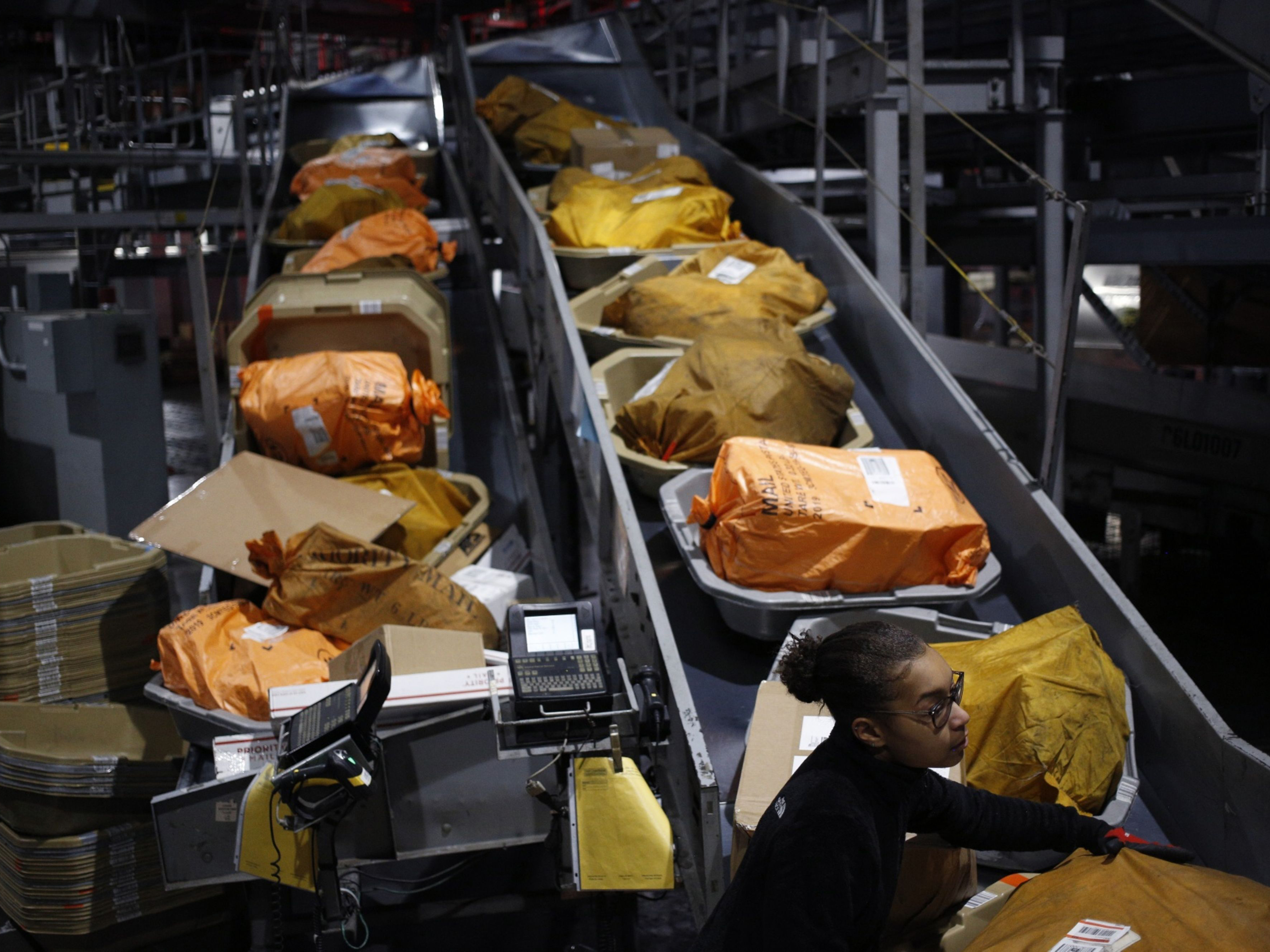
Visit Our Sponsors |
|
|
|
|
|
|
|
|
|
|
|
|
|
|
|
|
|
|
|
|
|
|
|
|
|
|
|
|
|
|
|
|
|
|
|
|
|
|
|
|
|
|
|
|
|
|
|
|
|
|
|
|
|
|
|
|

The fulfillment and third-party logistics startup known as Resurge has been riding the wave of increased demand for e-commerce orders driven by the COVID-19 pandemic.
With facilities in Freehold, New Jersey and Reno, Nevada, Resurge saw its monthly order volumes balloon from zero to more than 25,000 in less than 10 weeks, at the height of the pandemic.
The company’s principals weren’t exactly newcomers to the complex world of warehousing and order fulfillment. Co-founders Adam Napoli and Brian Kirst had launched a previous logistics startup, Total Reliance, in 2014. That venture took off quickly as well, and was acquired in 2017 by Best Logistics (in which Alibaba, China’s e-commerce giant, holds an approximate 25% share).
Napoli and Kirst didn’t stay idle for long. They formed Resurge in 2019, with the aim of providing “high-touch e-commerce fulfillment,” Kirst says. They were just in time for the arrival of COVID-19 and its disruptive impact on supply chains. Resurge immediately tapped into the demand for services by small and medium-sized e-tailers that were grappling with sudden labor shortages and health issues caused by the pandemic. It was also positioned to tap a customer base that was searching for an alternative to fulfillment services by Amazon.com, which was temporarily restricting shipments from its facilities to essential items.
Today, Resurge handles an average of 8,000 orders per day at its 118,000 square-foot Freehold headquarters and its direct-to-consumer center in Reno, with plans for opening a third facility in Kansas City, Missouri in June. But to make that level of operation possible, it needed from the outset a flexible and efficient warehouse management system (WMS) that could handle orders for multiple customers.
Resurge didn’t have to look far. At Total Reliance, Napoli and Kirst had implemented a WMS from SnapFulfil. Kirst says the vendor’s software was especially well-suited to a startup in need of maximum operational flexibility. “We knew the importance of a WMS as our differentiator,” he says, “one that could drive efficiency, profitability and the ability to service our customers.”
Chris Anton, SnapFulfil’s executive vice president of sales, recalls Kirst expressing the need for “an agile WMS solution that was cost-effective but would also allow the business to scale.”
Of particular interest to Total Reliance, and subsequently to Resurge, was the existence of SnapFulfil’s WMS in the cloud. Just a few years ago, that position would have been less common. Compared with other software applications, WMS was relatively slow in embracing the cloud, possibly because most implementations are site-specific, and the on-premise model seemed to make more sense to warehouse managers.
That debate is over, says Anton, noting the broad popularity today of placing “mission-critical” applications in the cloud. “Now it’s all about the capability of the solution — figuring out what’s going to drive ROI.”
Regardless of where the software was hosted, Resurge needed a WMS that allowed it to manage inventory by individual owner and meet the specific requirements of brands, Anton says. It also had to be able to accommodate future B2B opportunities, “without the customer having to engage in lengthy and expensive aftermarket services engagement.”
The WMS software might sit in some distant server, but Resurge has hands-on access to it. Kirst prefers a direct-management approach, so SnapFulfil released its rules engine to the customer. “Brian was one of the early adopters in the U.S. of this way,” Anton says. “With COVID-19 being such a game changer, he didn’t want to have to bring in solution architects, or the traditional overhead associated with WMS applications. He was able to understand the requirements.”
“Having access to the rules engine continues to be absolutely empowering for us,” comments Kirst. “Our team can make efficiencies on the fly, and doesn’t have to wait for support to understand the challenge we’re addressing.”
At the same time, the SnapFulfil WMS required minimal customization, making implementation a relatively straightforward task. “Our only challenge was that we had to do it remotely,” Kirst says, “but that was expertly supported by the folks at SnapFulfil and the implementation team. We had some depth of knowledge on our side, having used a previous version of SnapFulfil, and with access to training and support, we were able to adapt pretty quickly.”
In a three-month period between September and November of 2019, Resurge onboarded 18 clients. They were up and running in time for the Black Friday and Christmas shopping peak. “We were stretching the limits of our resources,” Kirst says, “but being able to do that set us up for success, and the trajectory we’re on.”
“I’ve never seen a 3PL servicing the e-commerce and B2B space that has been able to scale and grow at that rate in a very short period of time,” says Anton. “It was game-changing.”
Resource Links:
Resurge, https://www.resurgefulfillment.com/
SnapFulfil, https://www.snapfulfil.com/us/
RELATED CONTENT
RELATED VIDEOS
Timely, incisive articles delivered directly to your inbox.







